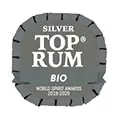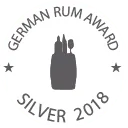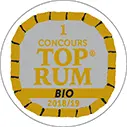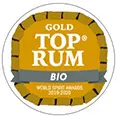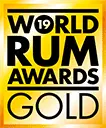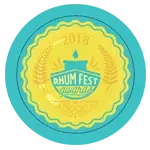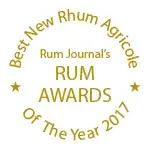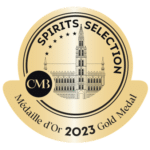Organic…
From mill to bottle
Manufacturing process
The A1710 distillery has developed a manufacturing process
combining traditional methods with more recent ones.
The proximity of installations within the facility reduces the time required between each stage of the rum manufacturing process. This ensures the fresh hand-cut canes are pressed straight after the harvest. The result is a clean, ultra-fresh juice that you will want to drink as soon as it flows from the mill.
During the next few hours, this juice undergoes fermentation in refrigerated stainless steel vats with a controlled temperature of around 24° C.
At this temperature, the slow fermentation, spanning 3 to 5 days, will reveal a wide array of non-alcoholic markers with the finest and most enchanting aromas in the ethyl alcohol.
Once the fermentation process is complete, a wine emerges as a result of the yeasts absorbing almost all the sugars in the cane.
This cane wine with an alcohol content of 5 to 7 proof will be distilled in a still in the same way as during the first rum productions in the West Indies back in the 17th century.
The bottling process
As part of the distillation stage, the volatile aromatic compounds dissolve in the alcohol vapours as they travel through a small concentration column prior to entering a condenser, which returns them to the liquid state.
The rum, in both its liquid and gaseous states, comes into contact with copper appliances. Copper is paramount. It is the ultimate metal for blending and combining the aromatic components of ethyl alcohol and an enhancer of the valuable esters known to all producers of quality spirits.
Alcohol reduction, a delicate stage
Rum flows at a high level of approximately 68% alcohol content.
The final and most ‘traumatic’ stage for all spirits is the alcohol content reduction to achieve its marketable level. Reduction conducted through several small steps prevents stress and ensures a better dissolution of the water in the alcoholic medium.
This finished product is left to rest for 3 to 4 months before bottling.
The bottling process
The entire team contributes to the complete bottling process right up to the final packaging prior to commercialisation and dispatch preparations.

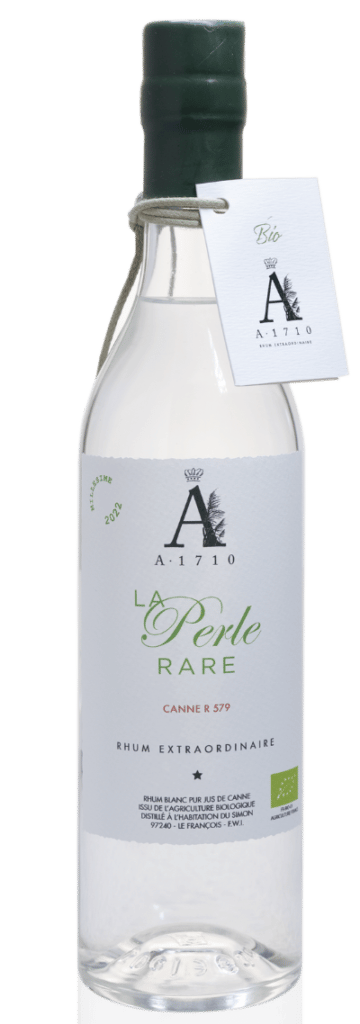
Perle Rare
R579
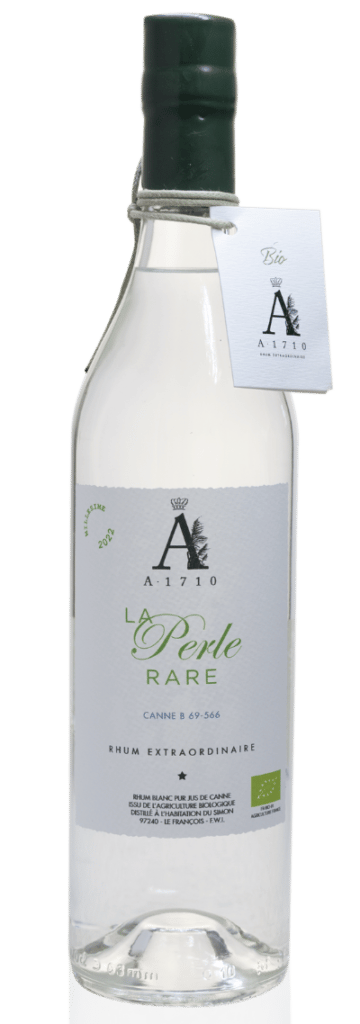
Perle Rare
B69-566
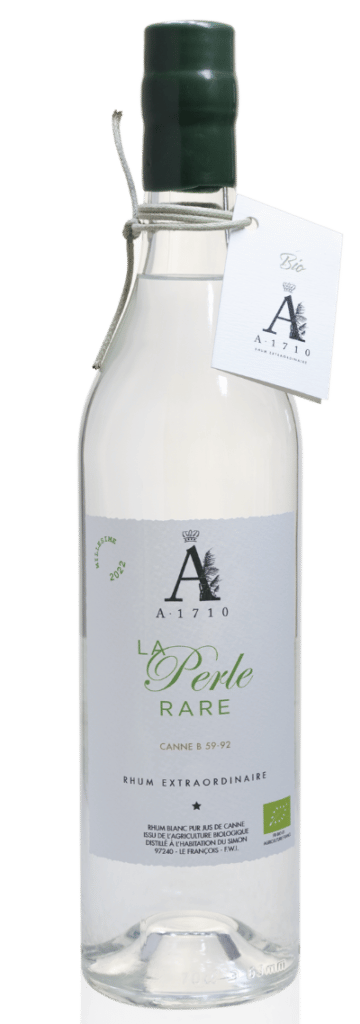
Perle Rare
B59-92
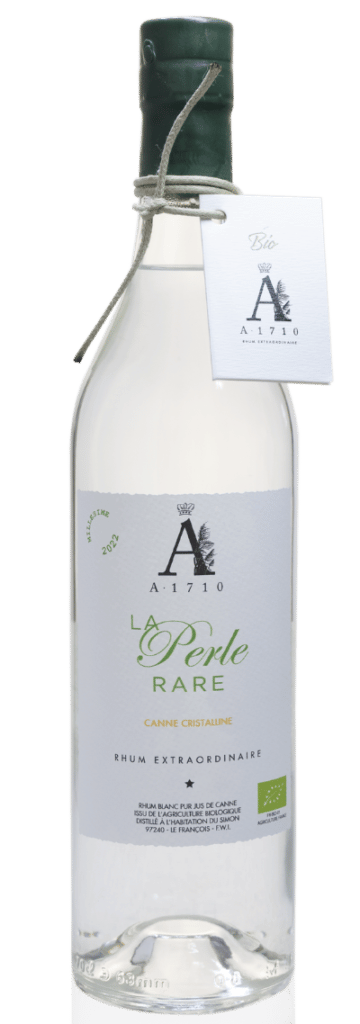
Perle Rare
Cristalline
A taste experience
Always on the lookout for innovation, mindful of its environment and keen to bring a new taste experience Distillerie A 1710 presents four certified organic cuvées.
The four cuvées of La Perle Rare come from our parcels of organic cane close to our distillery. Four varieties are planted: Canne R579 (Red Cane), Canne B69-566 (Blue Cane), Canne B59-92 (Reed Cane) and Canne Cristalline.
Perle Rare R579
Perle Rare B69-566
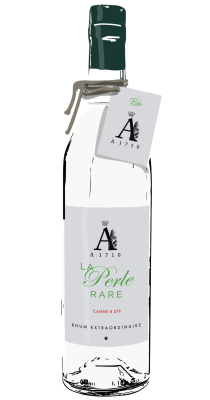
Perle Rare
R579
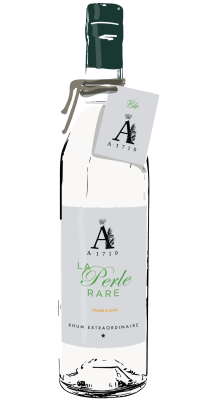
Perle Rare
B59-92
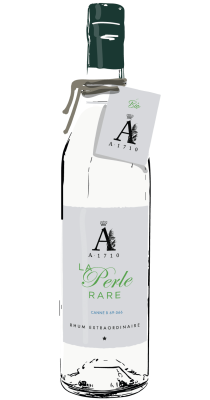
Perle Rare
B69-566
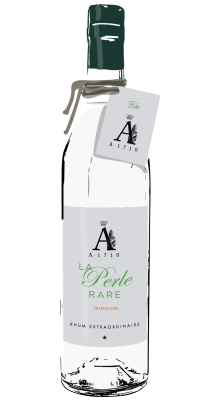
Perle Rare
Cristalline
A taste experience
Always on the lookout for innovation, mindful of its environment and keen to bring a new taste experience to lovers of local produce, Distillerie A 1710 presents four certified organic cuvées.
The four cuvées of La Perle Rare come from our parcels of organic cane close to our distillery. Four varieties are planted: Canne R579 (Red Cane), Canne B69-566 (Blue Cane), Canne B59-92 (Reed Cane) and Canne Cristalline.
Perle Rare R579
Perle rare B69-566
